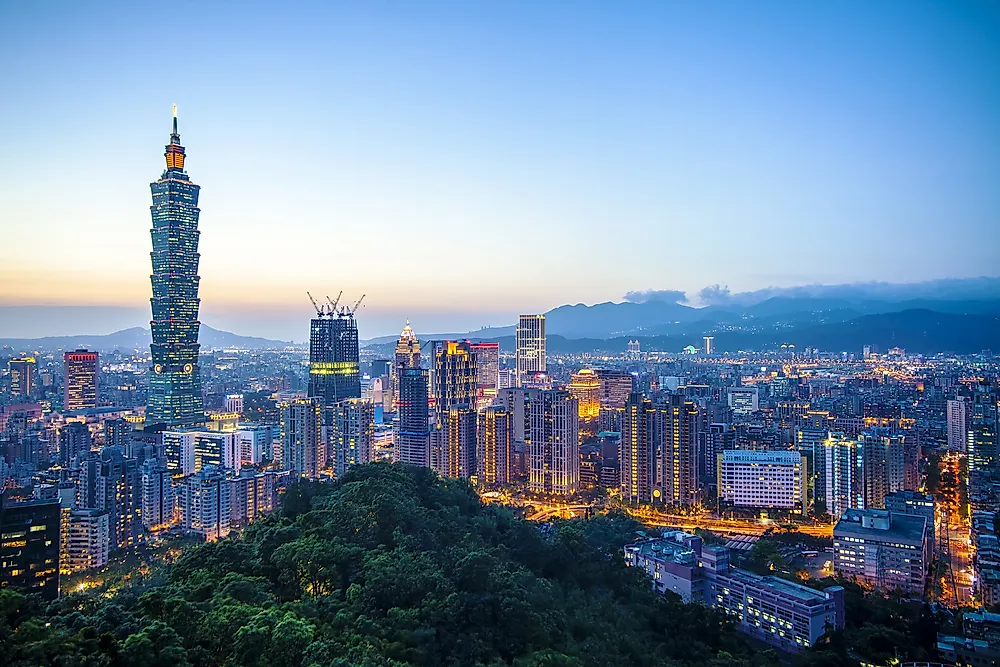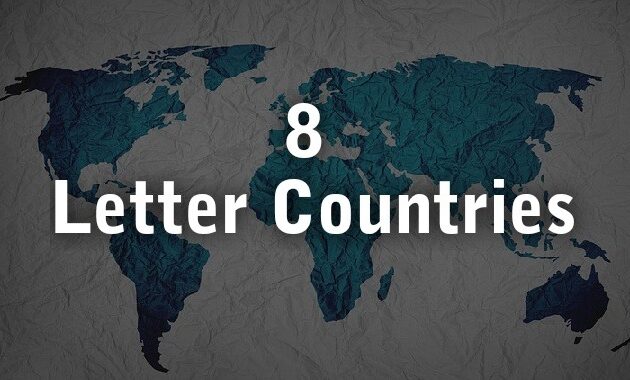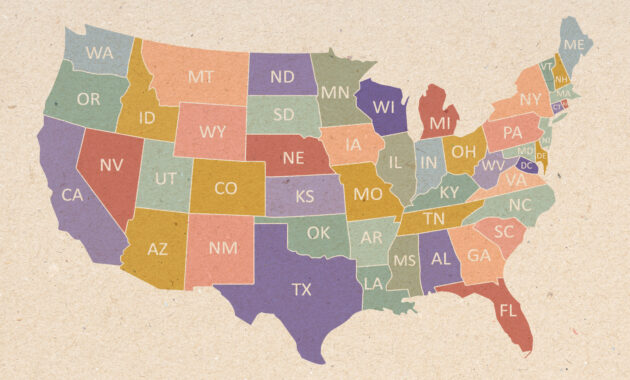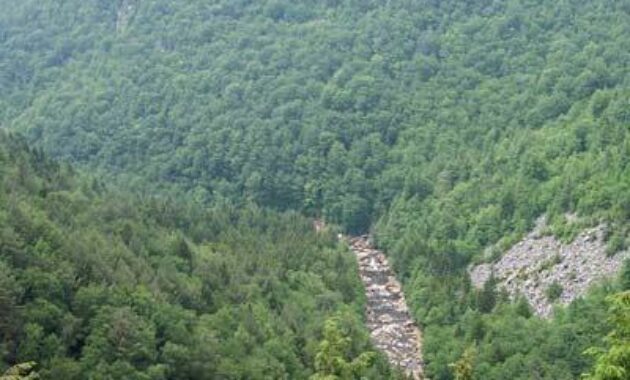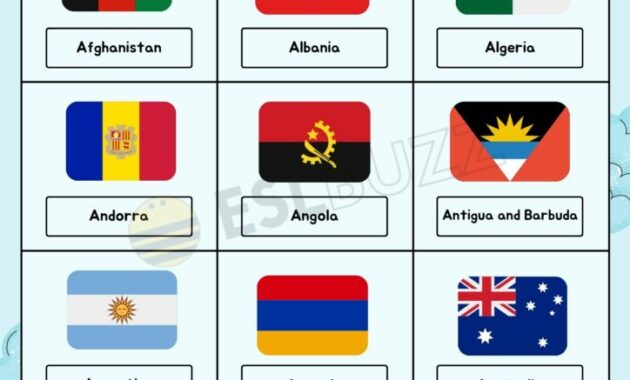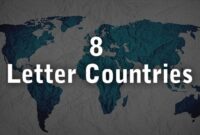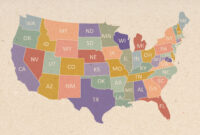Alright folks, let’s talk about Taiwan. It’s a topic that comes up every now and then, and it’s one with a lot of nuances. You see it on the news, maybe you have friends or colleagues with ties to the island, and you can’t help but wonder – what’s the real deal?
Taiwan: A Geographical Perspective
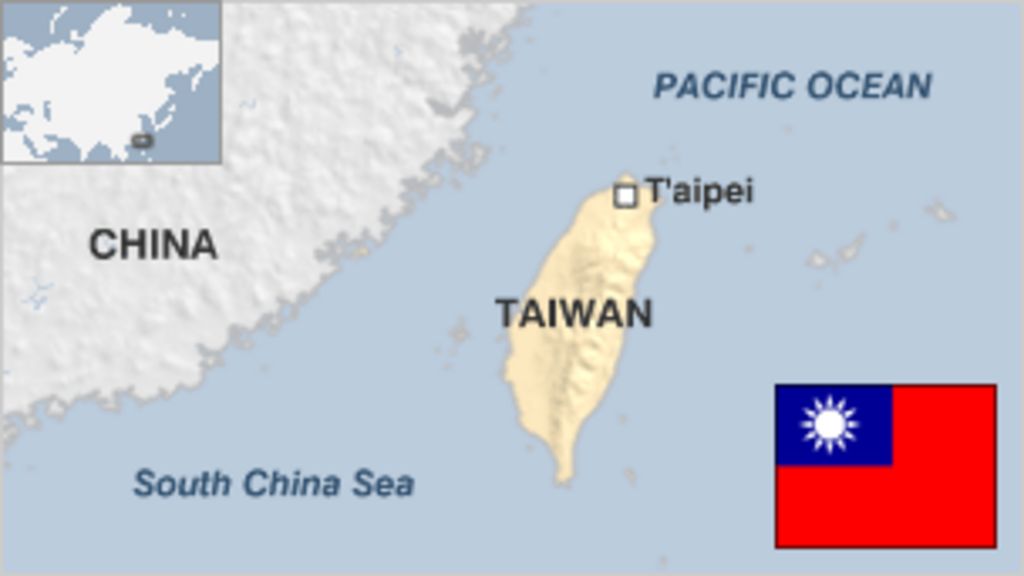
First off, geographically, Taiwan is an island. A fairly substantial island, actually. You look at a map, and it’s sitting there off the coast of mainland China. We’re talking about a landmass with mountains, plains, bustling cities, and quiet rural areas. It’s a place with a diverse landscape and a vibrant ecosystem. The Central Mountain Range runs down the spine of the island, creating a dramatic contrast between the east and west coasts. The western side is where you find most of the population, concentrated in cities like Taipei, Taichung, and Kaohsiung. These are modern metropolises, humming with activity, and filled with the energy of a dynamic economy.
Then you’ve got the eastern side, which is much more rugged and less densely populated. It’s a haven for nature lovers, with stunning coastlines, hiking trails, and national parks. Taroko Gorge, for instance, is a breathtaking canyon carved by the Liwu River. It’s a testament to the power of nature and a reminder of the island’s geological history. You can spend days exploring the natural beauty of Taiwan, from the hot springs in Beitou to the beaches of Kenting National Park.
The island itself is also strategically located. It sits at the crossroads of major shipping lanes in the East China Sea and the South China Sea. This location has made it a key player in regional trade and a point of geopolitical interest for centuries. Its proximity to other major economies like Japan, South Korea, and mainland China further enhances its significance in the global economic landscape. The surrounding waters are also rich in marine resources, contributing to the island’s fishing industry and overall economic vitality.
The Question of Sovereignty

Now, here’s where things get a bit more complicated. The big question is: is Taiwan a country? It’s a question that doesn’t have a simple answer, because it’s wrapped up in history, politics, and international relations. The People’s Republic of China (PRC) views Taiwan as a renegade province that will eventually be reunited with the mainland, by force if necessary. This “One China” policy is a cornerstone of PRC foreign policy, and they insist that other countries recognize this position when dealing with China.
Taiwan, on the other hand, has its own democratically elected government, its own constitution, its own military, and its own currency. It functions independently in almost every way that a sovereign nation does. The official name of Taiwan is the Republic of China (ROC), which was the name of the government that ruled mainland China before the Communist revolution in 1949. After the Communists won the civil war, the ROC government retreated to Taiwan and continued to govern the island.
So, you have two entities, both claiming to be the legitimate government of China. This is where the ambiguity arises. Many countries, including the United States, have adopted a policy of “strategic ambiguity.” This means they don’t explicitly recognize Taiwan as an independent country, but they also don’t endorse the PRC’s claim of sovereignty over the island. They maintain unofficial relations with Taiwan, providing it with defensive weapons and supporting its democratic institutions, while also maintaining formal diplomatic relations with the PRC. It’s a delicate balancing act, aimed at maintaining stability in the region and preventing either side from taking unilateral action that could escalate tensions.
A Thriving Democracy and Economy
Regardless of its official status, Taiwan has developed into a thriving democracy and a major economic power. Its economy is highly diversified, with strengths in technology, manufacturing, and trade. It’s a global leader in the production of semiconductors, and its companies play a crucial role in the global supply chain for electronics. Companies like TSMC (Taiwan Semiconductor Manufacturing Company) are household names in the tech industry, and their technological advancements are shaping the future of computing and communications.
Taiwan’s democratic institutions are robust and well-established. It has a free press, an independent judiciary, and a vibrant civil society. Elections are held regularly and are generally considered to be free and fair. The government is accountable to the people, and citizens have a voice in shaping the direction of their country. This commitment to democracy has made Taiwan a beacon of freedom in Asia and a model for other countries in the region that are striving to build democratic institutions.
The people of Taiwan are also known for their entrepreneurial spirit and their dedication to innovation. They have created a culture of creativity and collaboration, which has fueled the island’s economic success. From the bustling night markets to the cutting-edge research labs, Taiwan is a place where ideas flourish and opportunities abound.
Cultural Identity
Taiwanese culture is a unique blend of influences. It draws from its Chinese heritage, but it has also been shaped by its indigenous population, its history of Japanese colonization, and its exposure to Western ideas. This fusion of cultures has created a distinct Taiwanese identity, which is reflected in its cuisine, its art, its music, and its traditions.
Taiwanese cuisine is a delightful mix of flavors and techniques. You can find everything from traditional Taiwanese dishes like beef noodle soup and oyster omelets to international cuisines from around the world. The night markets are a must-visit for any food lover, offering a wide array of street food and local delicacies. The people of Taiwan take pride in their culinary heritage, and they are always eager to share their favorite dishes with visitors.
Taiwanese art and music also reflect the island’s diverse cultural influences. Traditional Taiwanese opera and folk music are still popular, but there is also a thriving contemporary art scene. Taiwanese artists are exploring new forms of expression and challenging traditional norms. The island is also home to a vibrant music scene, with a mix of genres ranging from pop and rock to hip-hop and electronic music.
Looking Ahead
So, what does the future hold for Taiwan? It’s difficult to say for sure. The relationship between Taiwan and mainland China remains the key factor. The PRC’s increasing military assertiveness in the region has raised concerns about the potential for conflict. However, Taiwan continues to strengthen its defenses and to seek international support for its security.
Ultimately, the future of Taiwan will depend on the choices made by the people of Taiwan and the leaders of both Taiwan and mainland China. A peaceful resolution to the cross-strait issue is in the best interests of everyone involved. Dialogue, diplomacy, and mutual respect are essential for building a stable and prosperous future for the region. Whatever the future holds, Taiwan’s resilience, its commitment to democracy, and its vibrant culture will continue to shape its identity and its place in the world.
If you are looking for Taiwan country profile – BBC News you’ve came to the right web. We have 5 Pictures about Taiwan country profile – BBC News like Taiwan country profile – BBC News, Taiwan country profile – BBC News and also Taiwan country profile – BBC News. Read more:
Taiwan Country Profile – BBC News

www.bbc.com
taiwan bbc country map
Is Taiwan A Country Or Not?

ca.news.yahoo.com
Countries That Recognize Taiwan – WorldAtlas.com
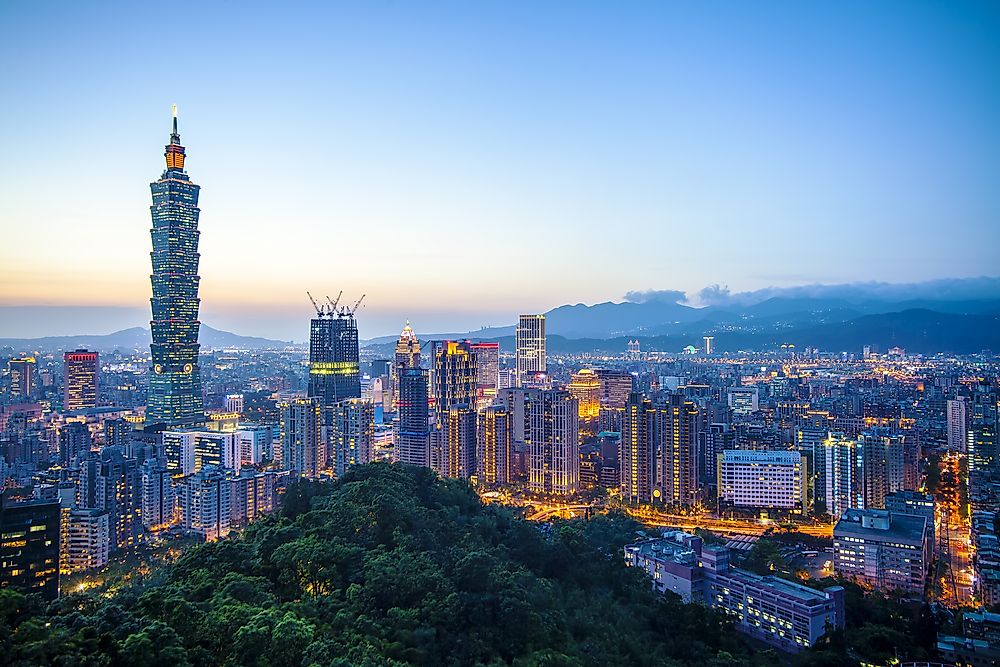
www.worldatlas.com
taiwan countries recognize country as which worldatlas taipei city iexpats
Is Taiwan A Country Or Not?
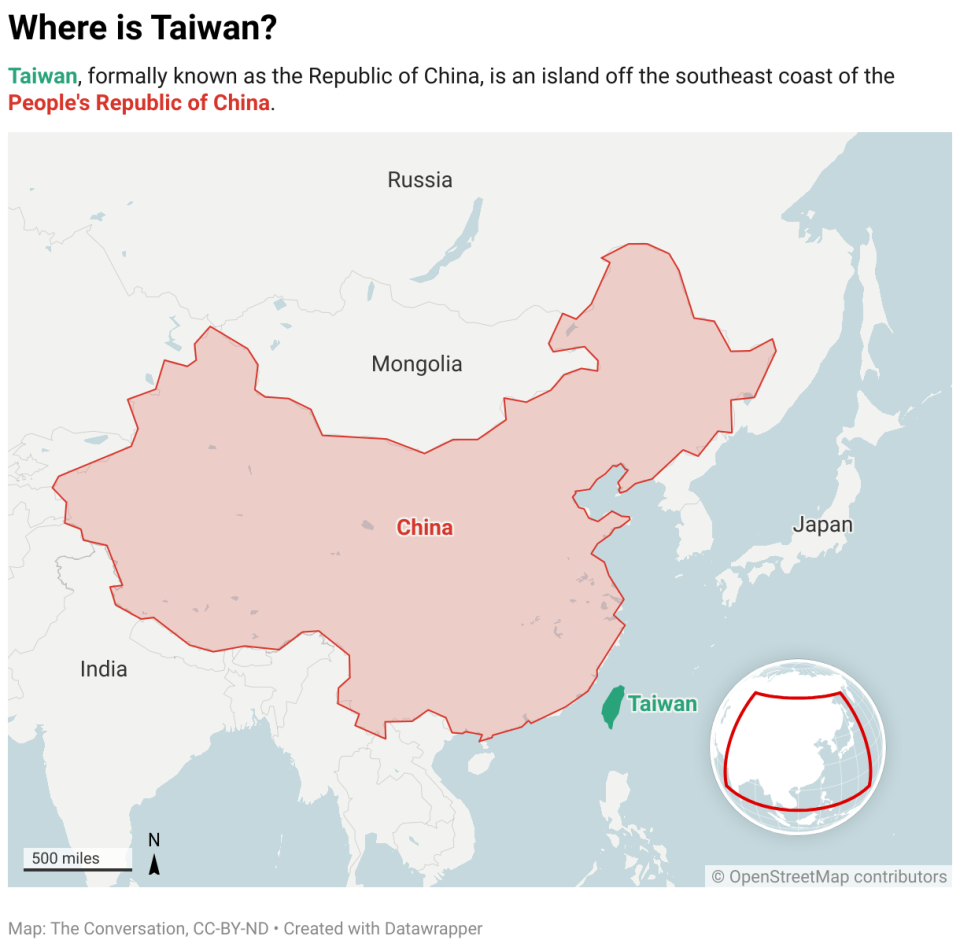
au.yahoo.com
Taiwan Country Profile – BBC News
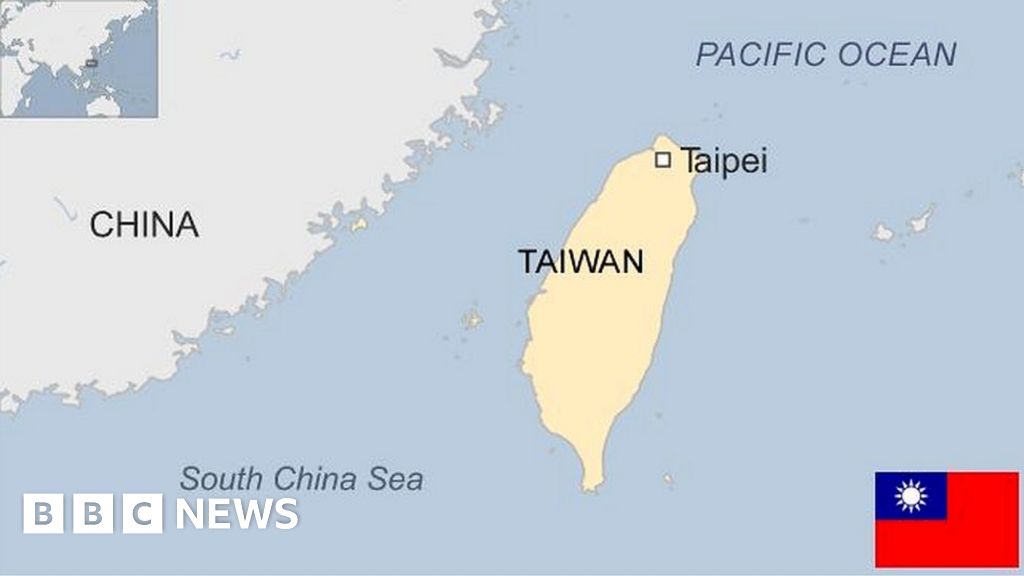
www.bbc.com
Taiwan bbc country map. Taiwan countries recognize country as which worldatlas taipei city iexpats. Is taiwan a country or not?

